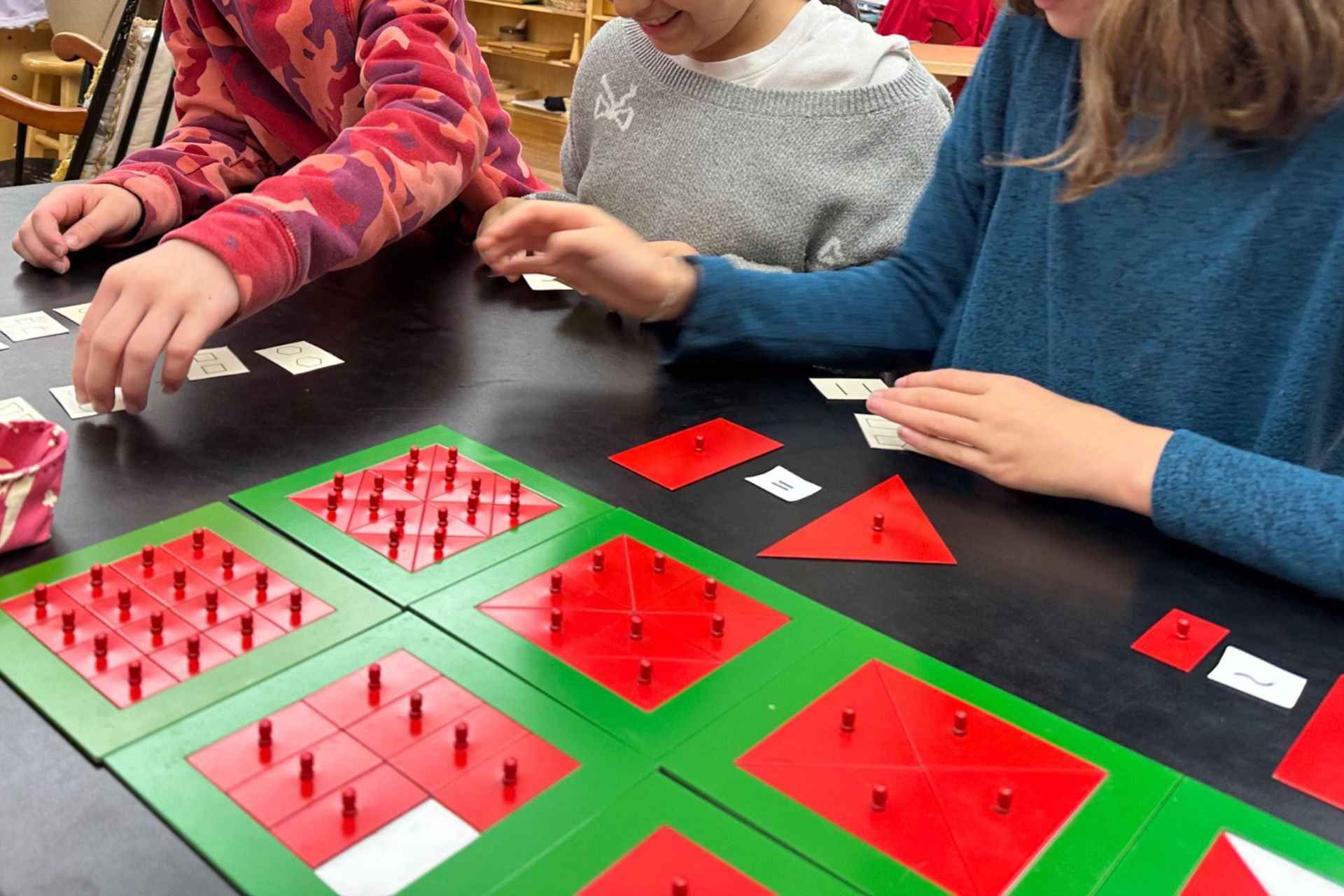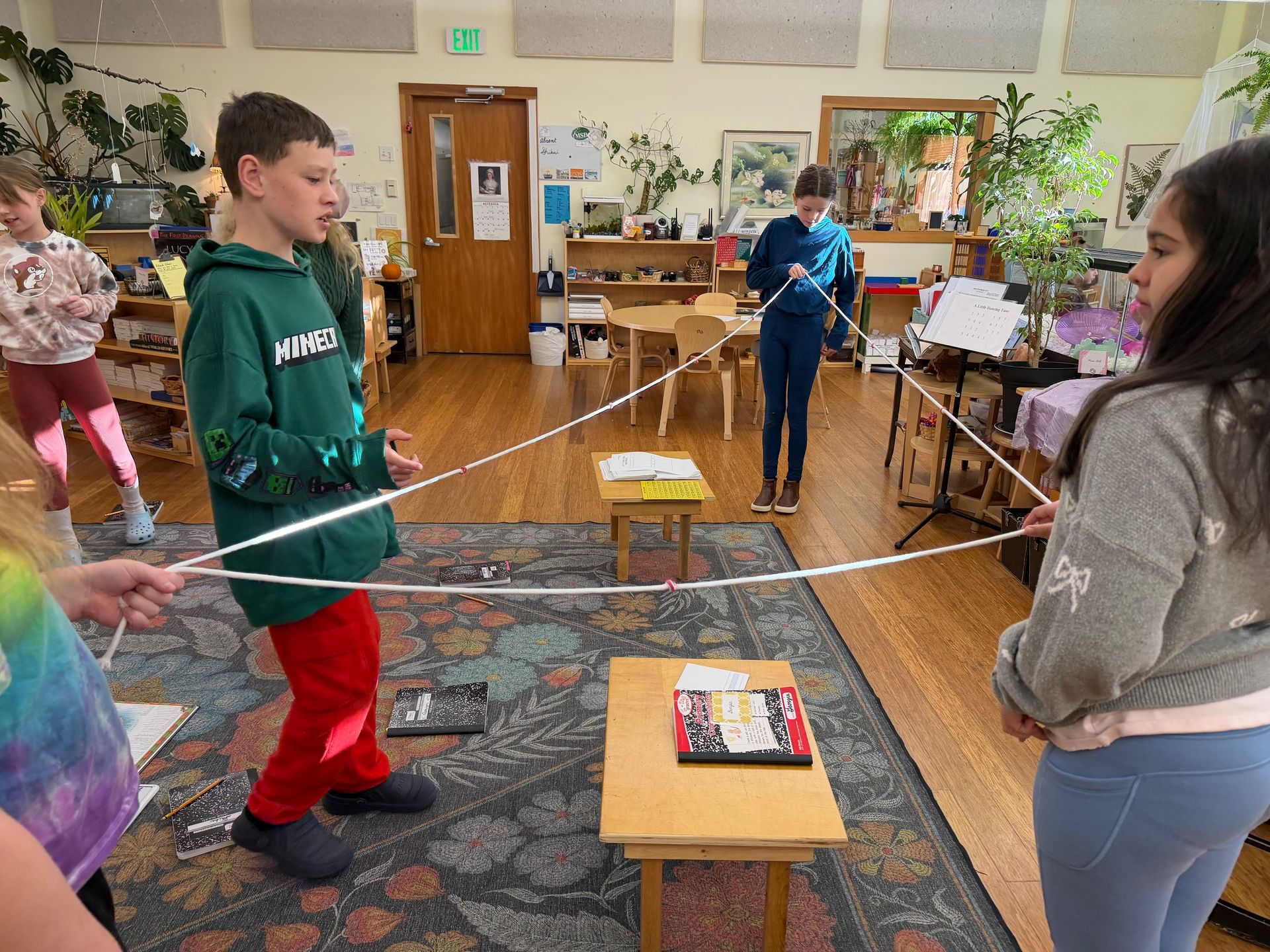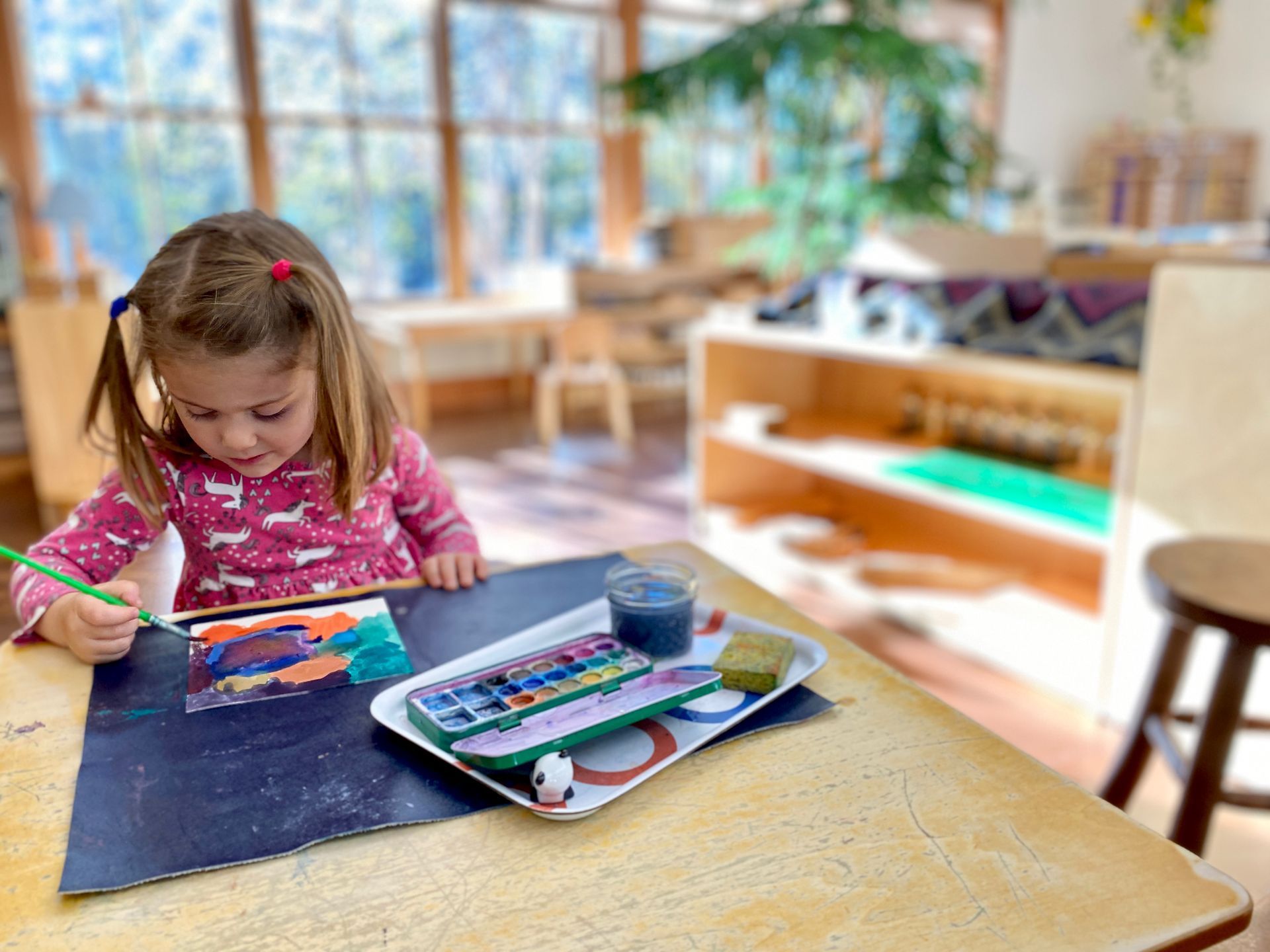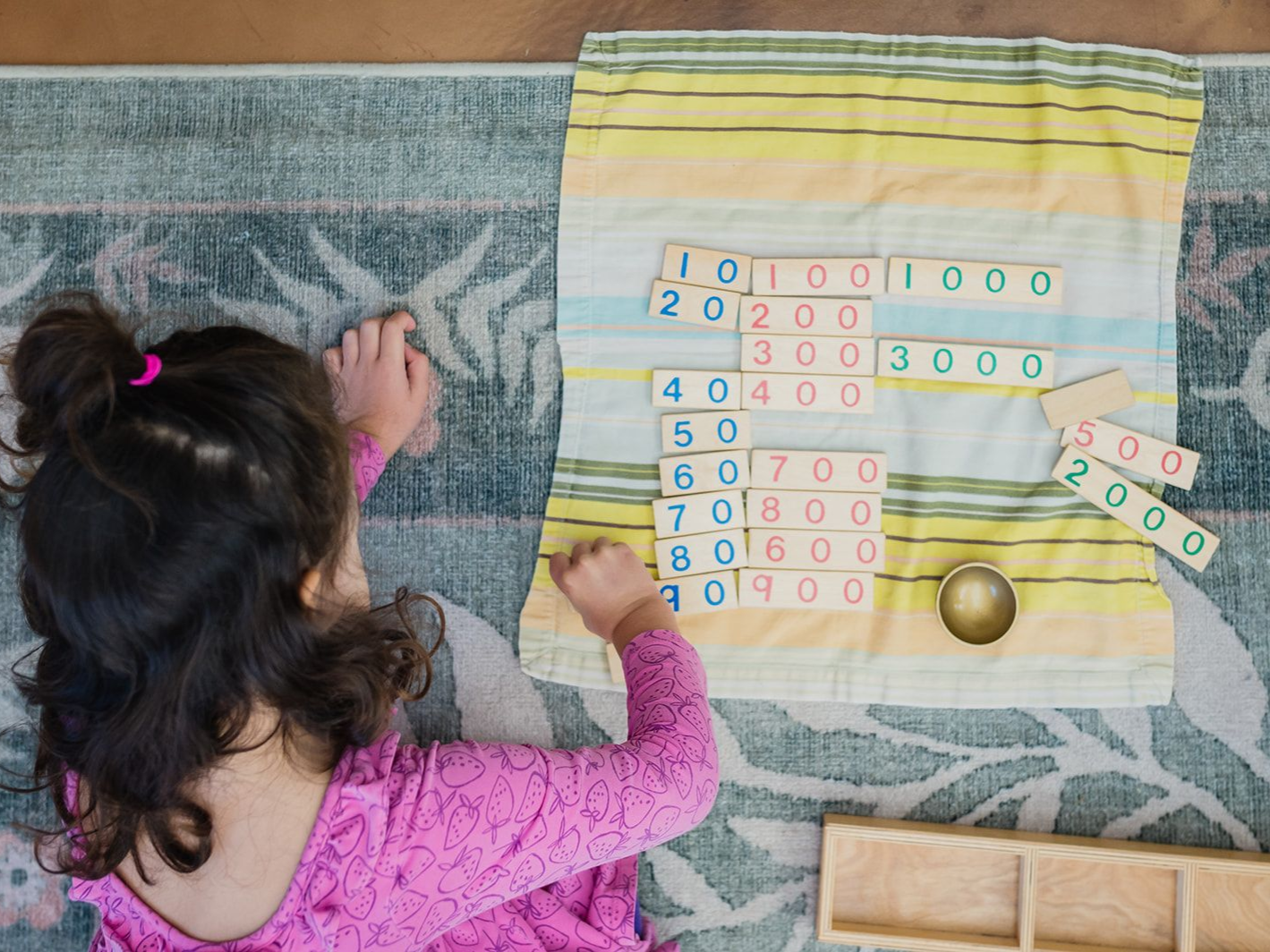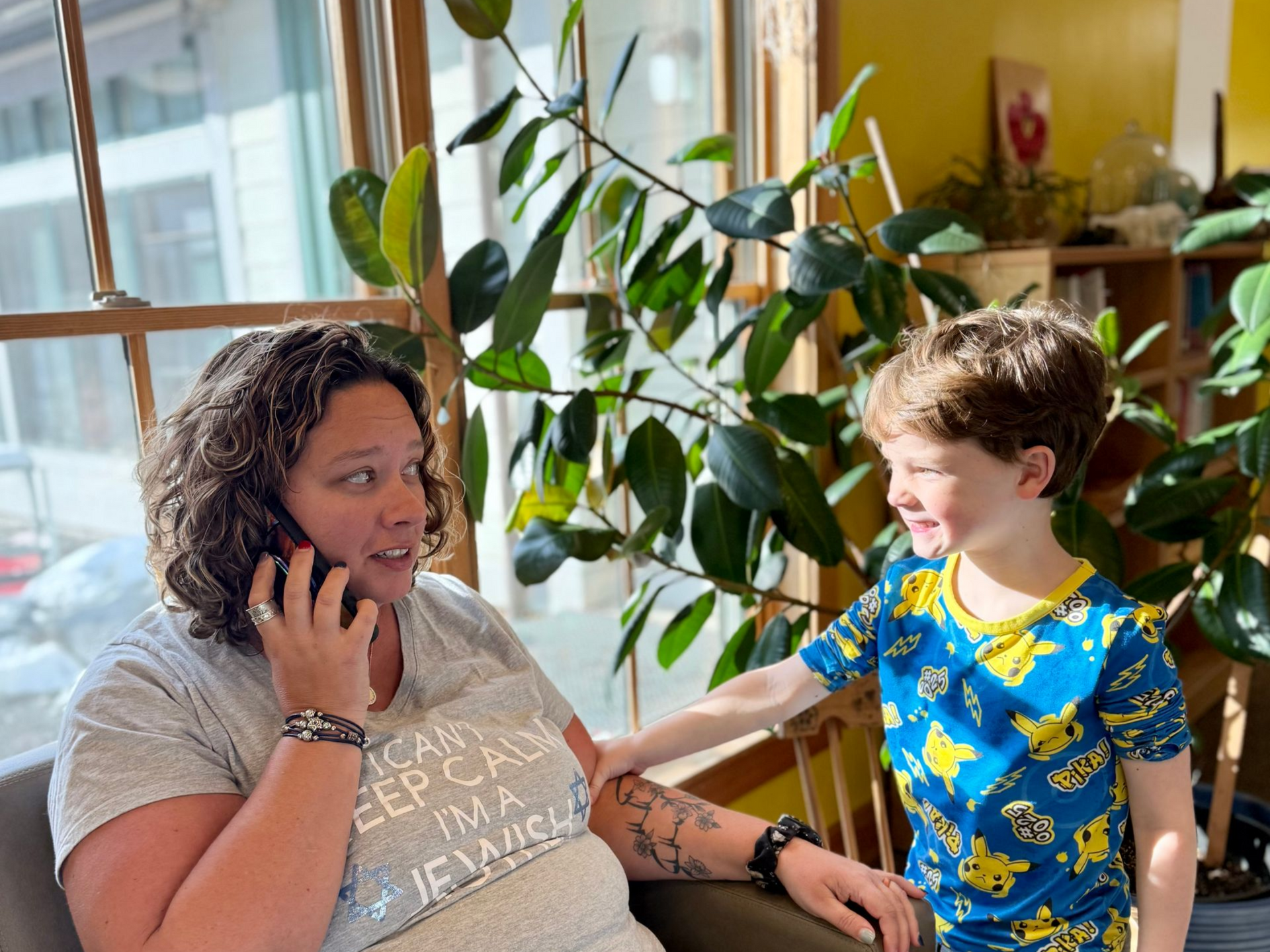10 Little Ways to Show Them You Love Them
Meagan Ledendecker • March 2, 2020

We all tell our children we love them, and it’s so important that they hear this! Looking for some fun ways to mix it up and show this love? Check out our ten tips:
1. Keep some dry erase markers handy
Dry erase markers work really well on glass surfaces such as windows and mirrors. No matter your child’s age, this simple and fun idea will put a smile on their face. Using the markers, leave your child random notes. We use the word “note” loosely. Pictures count, too, especially for little ones who aren’t reading yet! You don’t need to be a natural artist or poet, either. A simple “Good morning!” on the bathroom mirror with a shining sun is a nice surprise for anyone.
2. Go beyond the lunch note
You’ll need a permanent marker for this one. The next time you pack a banana or a hard-boiled egg in your child’s lunch, have fun with a little simple art! Eggs are the perfect shape for silly faces, and bananas are great for a short note or just a row of hearts.
3. Play
This one can be tough. At the end of a long day, we adults are tired. Often the last thing we want to do is play a game that’s not overly interesting to us. We challenge you to muster up just a little energy, though, because that time spent together can make a huge difference in how your child feels. Take ten minutes to build with Legos, play a board game, or put together a puzzle. The joy on your child’s face will be well worth it.
4. Use music
Humans can’t help but react to music. Use this to your advantage to make monotonous moments fun! Play your child’s favorites as a way to wake them up in the morning, to help them get through boring chores, or to dance around the kitchen while you’re making dinner together. Play them some of your favorites, too!
5. Put your phone down
It’s really easy to get sucked into our smartphones. Our devices are so helpful in so many ways, but we should be careful that they don’t get in the way of our human relationships. When you’re with your child, really be with your child. They won’t feel like they have to compete with a screen, and you will enjoy the time more.
6. Really listen
Our lives are full. Super full. Even the most organized person can feel rushed and overscheduled. Make sure you take some time to slow down and really listen to and hear your child. What are they trying to tell you? This can be especially important when they pour their hearts out at bedtime. Be there for them when they’re little, and they’ll come to you when they’re older.
7. Tell them when you notice
We are not advocates of traditional praise. Studies show that it does little to actually encourage positive behaviors, and as Montessorians our intention is to let children focus on how they feel about their work and not to seek approval from others. The solution? Phrase your praise differently. Instead of “Nice job!” try “I notice you worked really hard to get that done. How do you feel?” Focus on your observation and their perspective rather than your own opinions.
8. Cuddle
Perhaps the simplest tip on the list, it’s a super important one. Make time to snuggle with your little ones as long as they will let you. When they get older and no longer want snuggles, try to find some other physical ways to show your love like hugs, pats on the back, or a squeeze of their hand.
9. Say it in another language
Just to mix it up and have fun, learn how to say “I love you” in another language. American Sign Language is a simple and fun way that can let you and your child tell each other without verbally saying a word. You can even make up your own silly and secret code phrase that means “I love you”.
10. Help them
We spend a lot of time working hard to foster independence in our children, and it’s really important to do so. Just remember, though, that we all need help sometimes. Perhaps your child has been zipping their own jacket for a year now, but is having a tough day and you notice they are struggling. Ask them if they’d like your help. This doesn’t make them any less independent (especially when it’s once in a while), it just teaches them that we can all show each other a little kindness.
Have you tried any of these tips before? Let us know how they work out for you and if you have any others you think should be on the list!




